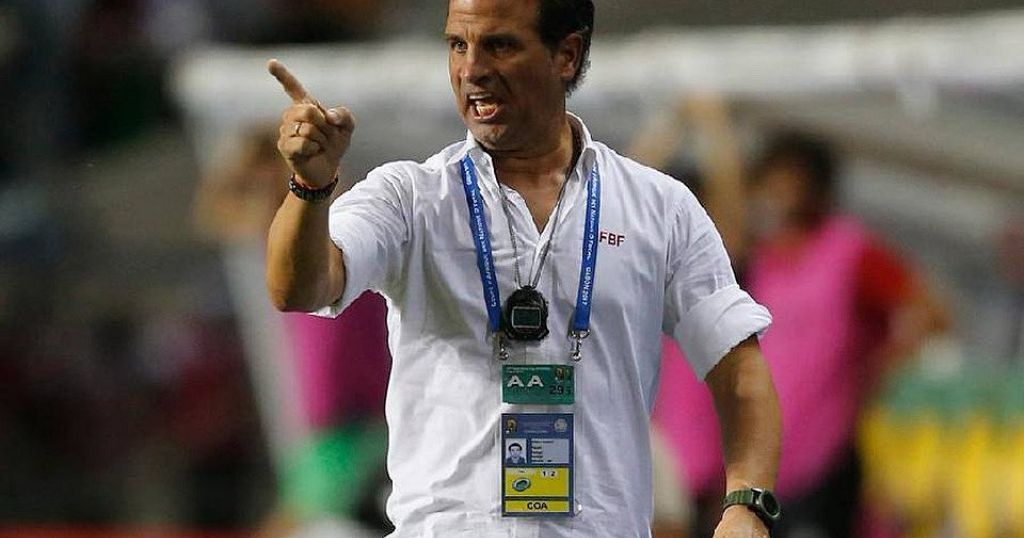The Guinean Football Federation announced on Monday the appointment of Portuguese tactician Paulo Duarte as the new head coach of the national team, commonly known as the Syli National. The 56-year-old’s arrival comes as Guinea seeks to revive its fortunes in the 2026 FIFA World Cup qualifiers, where it currently languishes in fifth place in Group G with seven points. Algeria leads the group, followed by Botswana, Uganda, Somalia, and Mozambique.
Duarte, who arrived in the capital Conakry on Sunday, is set to be officially unveiled at a press conference on Tuesday. His hiring follows the dismissal of former coach Kaba Diawara earlier this year amid a prolonged decline in the team’s performance. The West African nation, which last qualified for the World Cup in 1976 but has not advanced past the group stage in recent Africa Cup of Nations tournaments, faces an uphill battle to secure a spot in the 2026 global showpiece.
The new manager brings extensive continental experience, having previously coached Burkina Faso across two stints (2007–2012 and 2016–2019), Gabon (2012–2013), and Togo (2021–2024). His tenure with Togo began in August 2021 after he replaced Frenchman Claude Le Roy, who resigned months earlier. Duarte stepped down from that role in June 2024, following a three-year spell, and later concluded a brief contract with Saudi Arabian club Al-Kholood in October 2024.
Guinea’s immediate focus lies in its upcoming World Cup qualifier against Somalia on September 5, a rematch of their March 2025 scoreless draw. With only five teams advancing from Africa’s nine qualifying groups, Duarte faces pressure to galvanize a squad that has struggled for consistency. His mandate also includes rebuilding the team’s competitiveness ahead of the 2027 Africa Cup of Nations.
Upon his arrival, Duarte met with Guinea’s Sports Minister Kéamou Bogola Haba and federation officials to outline his strategy. While specifics of the discussions remain undisclosed, the federation emphasized his track record in developing tactical discipline and fostering youth talent—a potential advantage for a nation ranked 75th globally. Supporters, disillusioned by years of underperformance, cautiously welcome his appointment, though skepticism lingers given the team’s recent string of lackluster results.
The Syli National’s revival hinges on reversing a troubling trend: despite producing players in Europe’s top leagues, the squad has repeatedly faltered in key matches. Duarte’s ability to harness this talent while addressing defensive frailties—evident in conceding 10 goals across six group matches—will likely determine whether Guinea can climb the standings and reignite its footballing ambitions.
